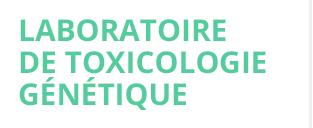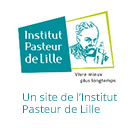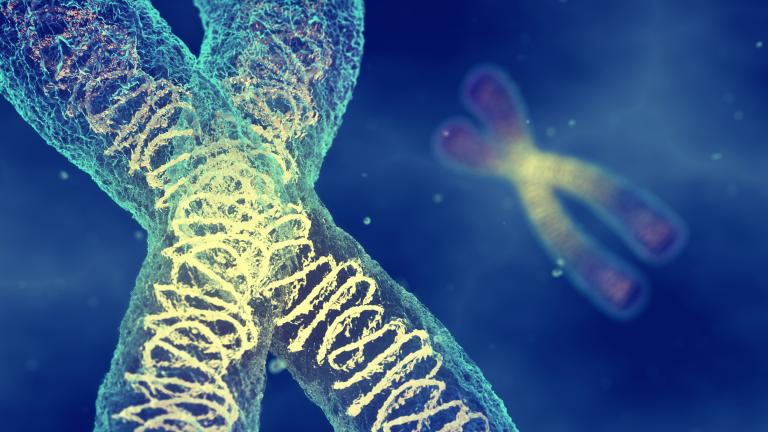Our portfolio is expanding with new tests and services:
The DDR Kit or ‘Multi Flow DNA Damage Repair Kit’ (Litron Laboratories, USA) allows flow cytometric evaluation of the clastogenic, aneugenic and cytotoxic potential of substances in a screening context.
Exposure of the genome to a substance can cause damage that prompts cells to respond in specific ways. A range of MultiFlow ™ kits has been developed by Litron Laboratories in order to easily, quickly and efficiently detect various parameters for evaluating genotoxic potential. The method is carried out on microplates where the nuclei are extracted, the nucleic acids are dyed and the nuclear epitopes are marked in a single step. After a brief incubation period, the samples are ready for flow cytometric analysis.
The Genetic Toxicology laboratory of the Institut Pasteur de Lille can research events and mechanisms following DNA damage in human cells (TK6) by measuring the p53, γH2AX and Phospho-Histone H3 responses. The measurement of p53 indicates a nuclear translocation event while the evaluation of γH2AX allows the detection of double stranded DNA breaks. The number of cells in mitosis is deduced from the third parameter, the specific phosphorylation of histone H3. Finally, the use of bead counting-based technology allows the calculation of commonly used cytotoxicity evaluation parameters (RICC, RPD, etc.).
All of these specific parameters are useful for predicting the genotoxic mechanisms and/or the cytotoxic potential of test substances.
This ‘high-throughput’ method makes simultaneous and efficient screening of several products possible.


